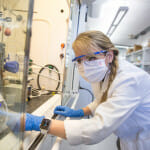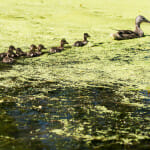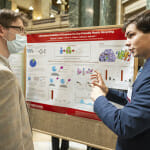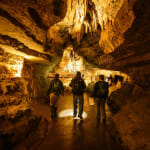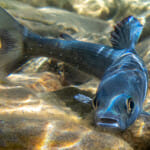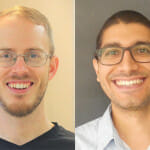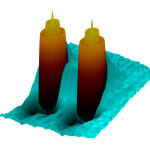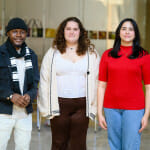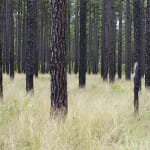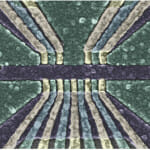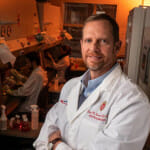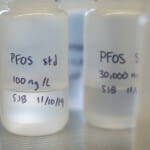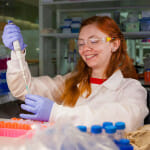Category Science & Technology
Corporate investment could improve climate-tech innovation
When well-resourced corporations invest in start-ups, they can have an outsized influence on which start-ups succeed and grow, therefore shaping climate technology trajectories.
DOE renews funding for Great Lakes Bioenergy Research Center; UW–Madison hub to receive $27.5 million for 2023
The extension will allow GLBRC scientists to continue foundational research to enable the breakthroughs needed for the cost-effective conversion of non-food plants into low-carbon replacements for jet fuel, diesel and other fossil fuels.
UW–Madison engineering talent critical to state, national economic progress
A planned new building is a critical starting point in the college’s ability to provide a hands-on education to many more engineering students and help keep pace with industry growth.
Earlier algae blooms, lingering toxins: Invasive species cause big changes to a lake’s microbial community
Two invasive species are having an outsized impact on toxic algae blooms according to a recent study from UW–Madison, which shows that algal toxins stay in water longer thanks to the combined effects of invasive species on Lake Mendota's microbial community.
Sabrina Imbler to visit campus as spring science journalist in residence
Imbler will visit campus for a series of events, sharing their experience and approach as a science journalist covering 'the critter beat.'
Research in the Rotunda: From plastics recycling to imposter phenomenon
Several UW–Madison students shared their research in the Wisconsin State Capitol on March 8, in the annual "Research in the Rotunda" event.
Wisconsin cave holds tantalizing clues to ancient climate changes, future shifts
A newly published study of a stalagmite found in Cave of the Mounds reveals previously undetected history of the local climate going back thousands of years.
Two UW–Madison faculty among 2023 Sloan Research Fellows
Being honored are Andrew Buller, assistant professor of chemistry, and Jose Israel Rodriguez, assistant professor of mathematics.
Smooth sailing for electrons in graphene
Physicists at the University of Wisconsin–Madison directly measured, for the first time at nanometer resolution, the fluid-like flow of electrons in graphene.
New major in information science draws wide array of students with human-centered approach
Graduates will be prepared with computing, analytical and people skills for a large variety of jobs in companies and organizations that need tech and data-savvy employees.
Seed strategy can help restore a biodiversity hotspot
Seeding longleaf pine understories with a mix of native savanna species could help restore one of North America's most biodiverse ecosystems.
Finding some wiggle room in semiconductor quantum computers
A new housing for quantum semiconductors upends conventional wisdom, achieving more perfect computations thanks to its less-than-perfect design.
First-in-kind psychedelic trials treat opioid and methamphetamine use disorders
School of Pharmacy and School of Medicine and Public Health collaborators are leading two first-in-kind clinical psilocybin trials for treating opioid and methamphetamine use disorders.
Lab-grown retinal eye cells make successful connections, open door for clinical trials to treat blindness
The most common retinal cell types forming synapses were photoreceptors – rods and cones – which are lost in diseases like retinitis pigmentosa and age-related macular degeneration, as well as in certain eye injuries.
Northeastern Wisconsin PFAS plume moves into Green Bay via groundwater
Researchers have "fingerprinted" PFAS chemicals in the waters of Green Bay, linking them to upstream to their likely source and downstream to farm fields.
Drying process could be key step in the development of life
New research could help explain crucial early steps on the path of life that led from a pool filled with simple amino acids to bacteria, redwood trees and people.
Study maps uneasy future of Wisconsin trout populations
Climate change has affected Wisconsin trout species differently: Populations of smaller, brightly colored brook trout have declined, while numbers of larger brown trout have generally increased.
UW research in 2022: From restored prairie to scorpion venom to the sewer
Here are the science stories on campus during 2022 that wowed and inspired us.


